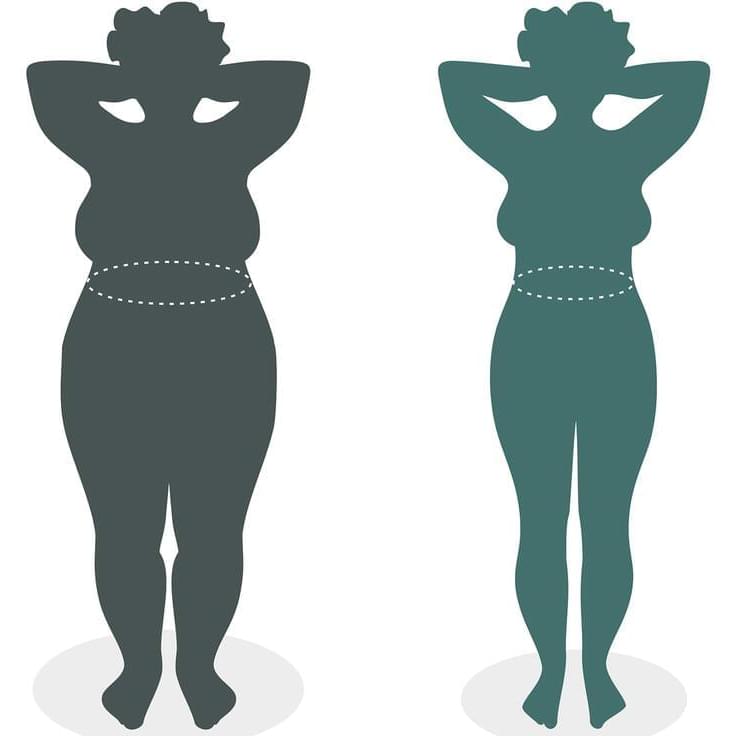In contrast to the energy balance model, the carbohydrate-insulin model makes a bold claim: overeating isn’t the main cause of obesity. Instead, the carbohydrate-insulin model lays much of the blame for the current obesity epidemic on modern dietary patterns characterized by excessive consumption of foods with a high glycemic load: in particular, processed, rapidly digestible carbohydrates. These foods cause hormonal responses that fundamentally change our metabolism, driving fat storage, weight gain, and obesity.
Perspective published in The American Journal of Clinical Nutrition argues the root causes of the obesity epidemic are more related to what we eat rather than how much we eat.
Statistics from the Centers for Disease Control and Prevention (CDC) show that obesity affects more than 40% of American adults, placing them at higher risk for heart disease, stroke, type 2 diabetes, and certain types of cancer. The USDA’s Dietary Guidelines for Americans 2020 – 2025 further tells us that losing weight “requires adults to reduce the number of calories they get from foods and beverages and increase the amount expended through physical activity.”
This approach to weight management is based on the century-old energy balance model which states that weight gain is caused by consuming more energy than we expend. In today’s world, surrounded by highly palatable, heavily marketed, cheap processed foods, it’s easy for people to eat more calories than they need, an imbalance that is further exacerbated by today’s sedentary lifestyles. By this thinking, overeating, coupled with insufficient physical activity, is driving the obesity epidemic. On the other hand, despite decades of public health messaging exhorting people to eat less and exercise more, rates of obesity and obesity-related diseases have steadily risen.
